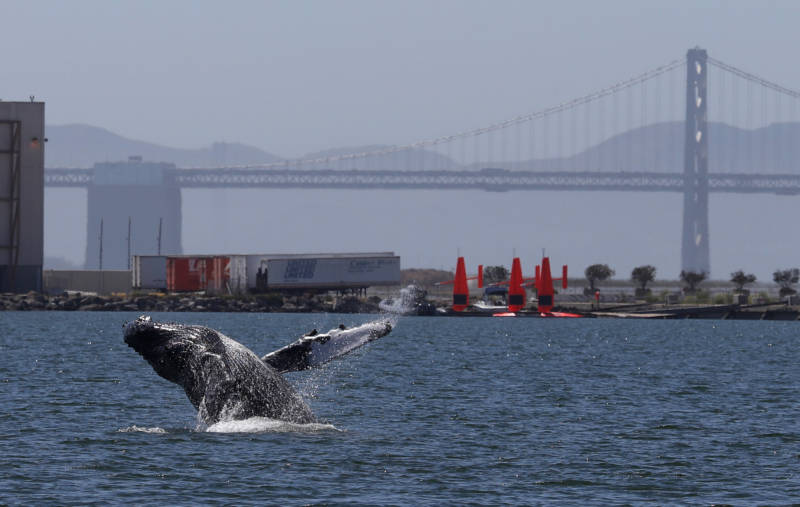The moves by the administration allow government to apply an economic cost to saving a species and makes it more difficult for agencies to consider climate change in evaluating a species’ endangered status.
The Trump administration contends that officials can study the impact on the economy of listing an animal and provide that information to the public, but are restricted from using that information to inform their decision-making.
The moves were welcomed by some industry groups, including the American Petroleum Institute and the National Cattlemen’s Beef Association.
Owls, Sparrows Turtles and Plants
The law currently protects more than 1,600 species in the U.S. Currently, California is home to 287 threatened or endangered species, 182 plants and 105 animals. That is more than any other state except Hawaii. Threatened animals in California include the San Clemente bell sparrow, the northern spotted owl, and the southern sea other, the smallest marine mammal in North America. Endangered animals include the Olive Ridley sea turtle, the Mission blue butterfly and the desert pupfish.
While ecologists and scientists are concerned about the animals, many are also worried about the state’s biodiversity. There are more plants on the list in California than animals, including species of cypress, manzanita, meadowfoam and wild-buckwheat.
Mark Schwartz, a plant ecologist with UC Davis, said while the changes could impact listed plants and animals, they could also have grave consequences for species that are facing climate pressure but haven’t been considered yet.
The law identifies any species listed as “threatened” as one that is “likely to become endangered within the foreseeable future.” The “endangered” status is given to a species that faces extinction.
Critics say the Trump administration’s changes seek to alter how agencies interpret what constitutes “foreseeable future” by ignoring or downplaying the impacts of warming and climate change.
“Altering language on foreseeable future to reduce the capacity to think about climate change is a threat to species that may face significant impacts,” Schwartz said.
Becerra’s suit challenges that the federal government’s changes are illegal under the Endangered Species Act and are “arbitrary and capricious” under the Administrative Procedure Act. Becerra argues that the new stipulations “inject economic considerations” into what should be a science-driven process, a shift Becerra says is expressly forbidden by the law. He also said, in a press release, that the changes “radically depart from the longstanding, conservation-based agency policy.”
